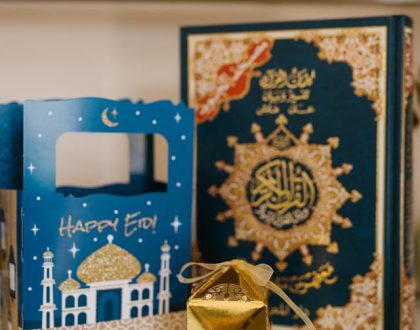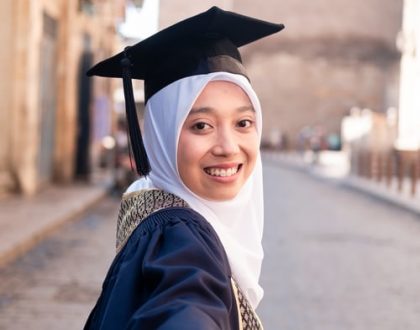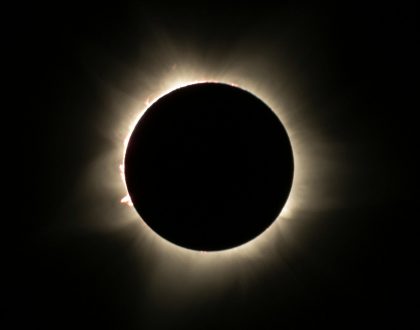Can Muslims be buried in non-Muslim graveyards?

It is not permissible for Muslims to bury a Muslim in the cemetery of non Muslim, because this is the practice of the people of Islam from the time of the Prophet, may God’s prayers and peace be upon him and the Rightly Guided Caliphs and after them continues to separate the graves of Muslims from the graves of the non Muslims , and not to bury a Muslim with a polytheist, and this was a practical consensus Ijma’.
Muslims should be buried in Muslims graveyards
The European council for research and Fatwa in its sixth meeting 28-06-2000 issued the following Fatwa regarding Muslim burial in non-Muslim cemeteries
There are prescribed legal rulings related to a Muslim if he dies, such as washing him, shrouding him, and praying on him, including burying him in Muslim cemeteries. This is because the Muslims have their way of burial and taking graves, in terms of simplicity and directing towards the qiblah, and keeping away from imitating the polytheists and the affluent and the like of it.
It is known that the people of every religion have their own graveyards, so the Jews have their own graves, the Christians have their own graves, and the pagans have their own graves, so it is not surprising that Muslims have their own graveyards as well, and Muslims in non-Muslim countries should seek – in solidarity among themselves – to build their own graveyards. As much as possible to do so. This is because it enhances their existence and preserves their identity.
If they cannot obtain a private, independent cemetery, then at least they should have a private plot on one of the sides of the non-Muslim cemetery, and bury their dead in it.
When there is necessity
If neither this nor that was possible and a person died for them, then he should be buried wherever possible, even in non-Muslim graveyards, because God does not burden a soul beyond its capacity, and it will not harm a Muslim if he dies in this situation to be buried in non-Muslim graveyards, because what benefits a Muslim in his hereafter is his striving And his good deeds, not his burial place.
Do not bury in a non Muslim graveyard if there is choice
The distance of the Islamic cemetery from the family of the deceased does not justify burying it in a non-Muslim cemetery, because the principle of visiting cemeteries is that it was prescribed mainly for the benefit of the visitor, for a lesson and admonition, as proven in the hadith:
“I used to forbid you to visit graves, but visit them, for it softens the heart, brings tears to the eye, and reminds the hereafter.” [Ahmad]
Related posts
What duas can I recite for the deceased? – Utrujj
Download your FREE Booklet on Birth and Death Rites in Islam
Download your FREE Booklet on Preparation for Death
Is it wrong to cry when someone passes away? – Utrujj
List of prophetic daily adkhar
Duas for protection from harm and hasad
- Can Muslims be buried in non-Muslim graveyards?
- A fresh look at fiqh – why I have chosen Mulla Ali al Qari’s book, Fath Bab al Inaya
- Allah’s test does not end until we understand what we need to improve and fix it
- Can we use feminine pronouns for Allah?
- Keeping motivated beyond Ramadan
- Climbing the stairs. How to continue your spiritual journey post-Ramadan
- How Allah strengthens the hearts of believers
- Why should you follow up one good action with another one?
- Don’t be a Ramadani person – Be a Rabbani person.
- How do you pray Salat al-Kusuf – the prayer during a solar eclipse
Recommended Posts

When can you fast after Eid?
April 07, 2024

Is it permissible to take out a student loan?
April 02, 2024

